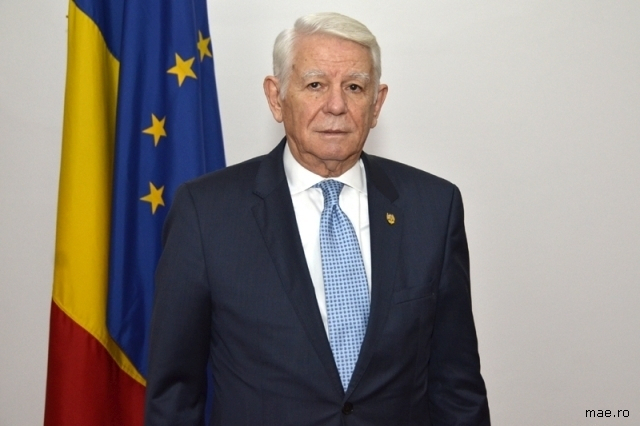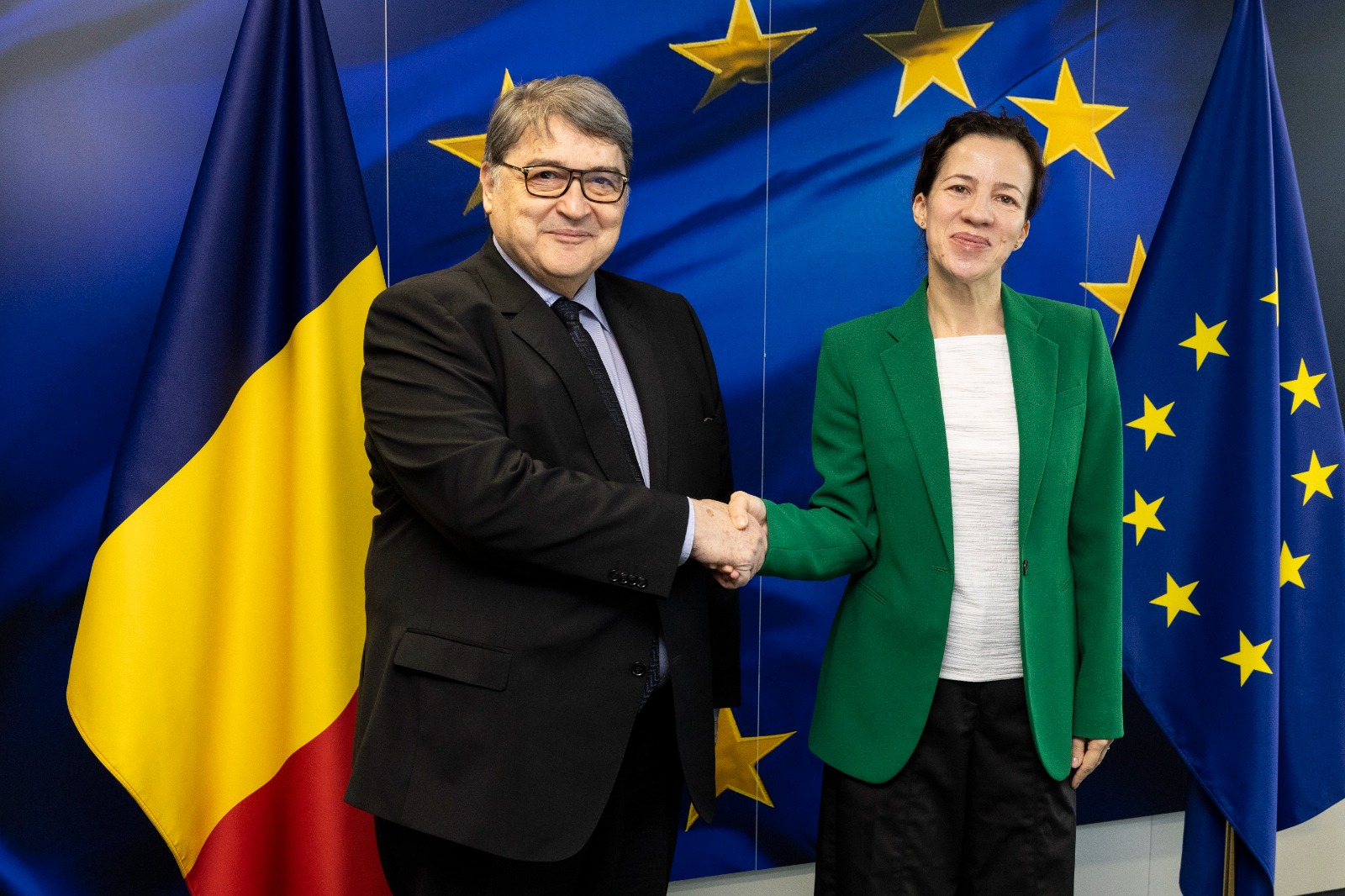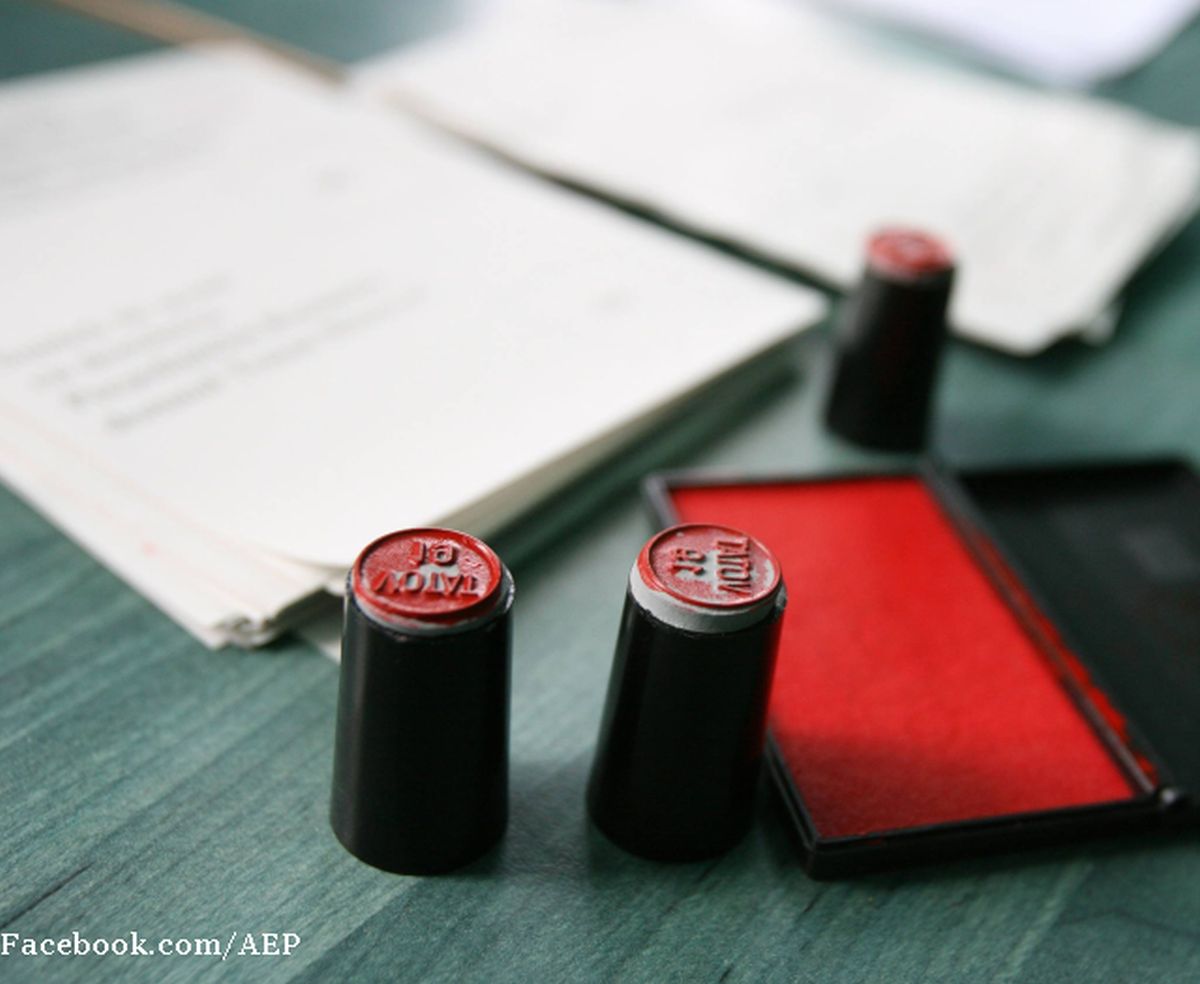10 Years of Eastern Partnership
The Eastern Partnership celebrates its 10th anniversary

Bogdan Matei, 14.05.2019, 12:54
Launched in 2009, to support and encourage democratic reforms in Armenia, Azerbaijan, Belarus, Georgia, the Republic of Moldova and Ukraine, the Eastern Partnership has allowed the EU to also support those countries economic development, and was strengthened, five years ago, by the signing of association and free trade agreements between Brussels and Chisinau, Kiev and Tbilisi respectively.
Also, the visa regime was liberalized for the citizens of the Republic of Moldova, Ukraine and Georgia. The EU foreign ministers have agreed to start talks with Belarus, Azerbaijan and Armenia in order to conclude similar agreements. The representatives of the EU member states and of the six partners will keep assessing the progress made in that respect, under a working plan for 2020, which is aimed at obtaining new and concrete benefits for the citizens living in the entire region.
To Romania, which is a neighbour to Ukraine and Moldova, the Eastern Partnership has always been one of the most important EU programmes. Attending on Monday in Brussels the anniversary events, Romanias President Klaus Iohannis stood for a continuation of the commitments taken under the Eastern Partnership, with the aim of further deepening and strengthening it. Also, the Romanian Foreign Minister Teodor Melescanu pleaded for the same approach:
“We must think of what is going to happen after 2020 with regard to the Eastern Partnership. In Romania, we have started from the idea that, besides the predominantly sectoral collaboration between the EU and the Eastern Partnership countries, we need to overcome this stage in the future and think seriously about the way in which the EU will establish relations with the countries in the Eastern Partnership.”
Security, stability and prosperity, democracy and the rule of law in Eastern Europe and in the South Caucasus are priorities for the community block. That is why, the EU has reaffirmed its determination to continue having a tight, differential and mutually advantageous cooperation with all the six partners, irrespective of their individual ambitions. On the other hand, according to analysts, Moscow believes that the Eastern Partnership is just a means for the West to expand towards Russias borders.
Out of the six partners, Armenia and especially Belarus continue to be Russias satellites. Georgia and Ukraine, on the other hand, which in the past decade have been subject to Russian military aggression, are hostile to Moscow. In Azerbaijan, the authoritarian president Ilham Aliyev has absolutely no interest in democratic reforms. And, after the inconclusive parliamentary elections held in February, the Republic of Moldova remains dramatically divided between the pro-Russia left and the pro-West right.
(translated by Mihaela Ignatescu)






























